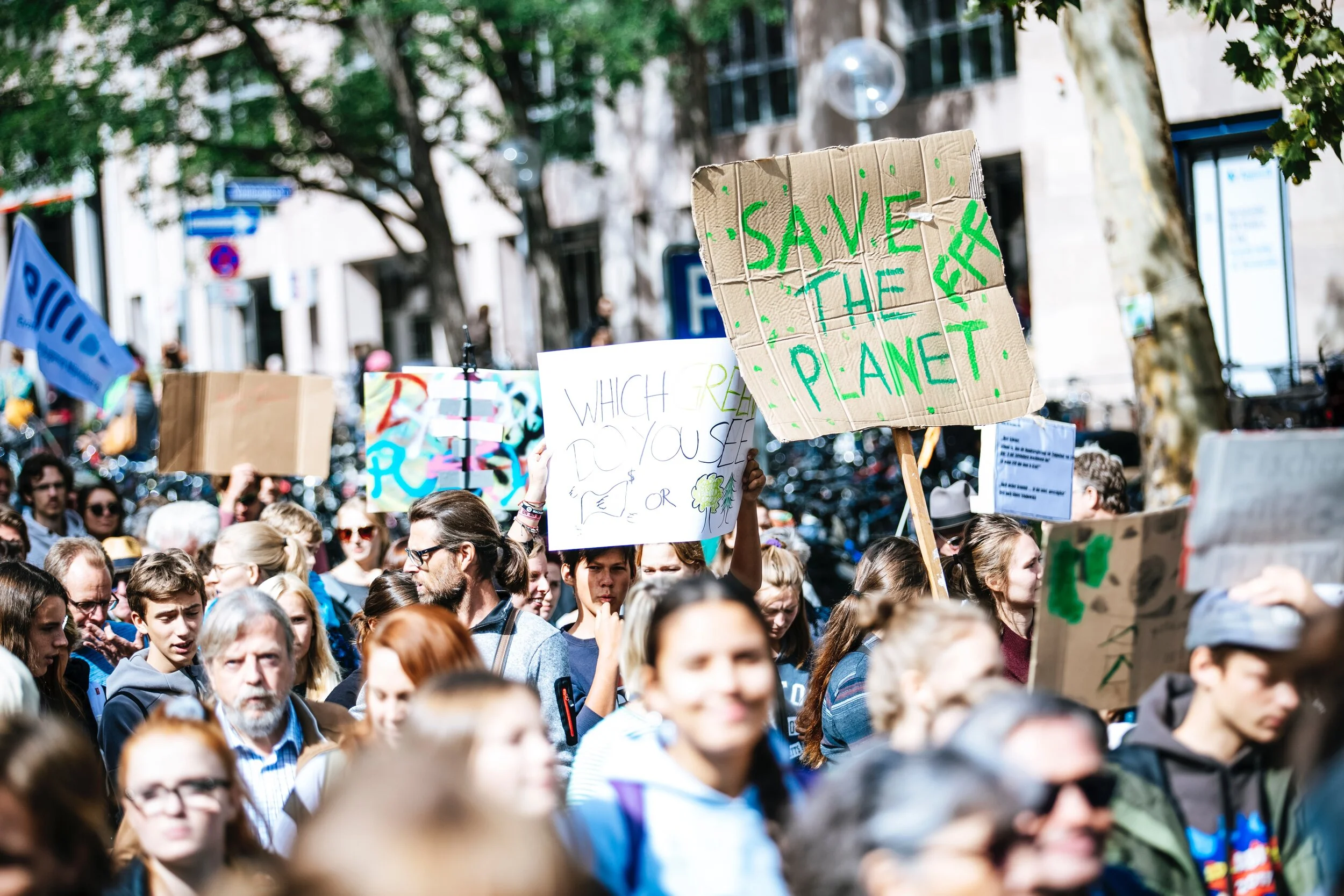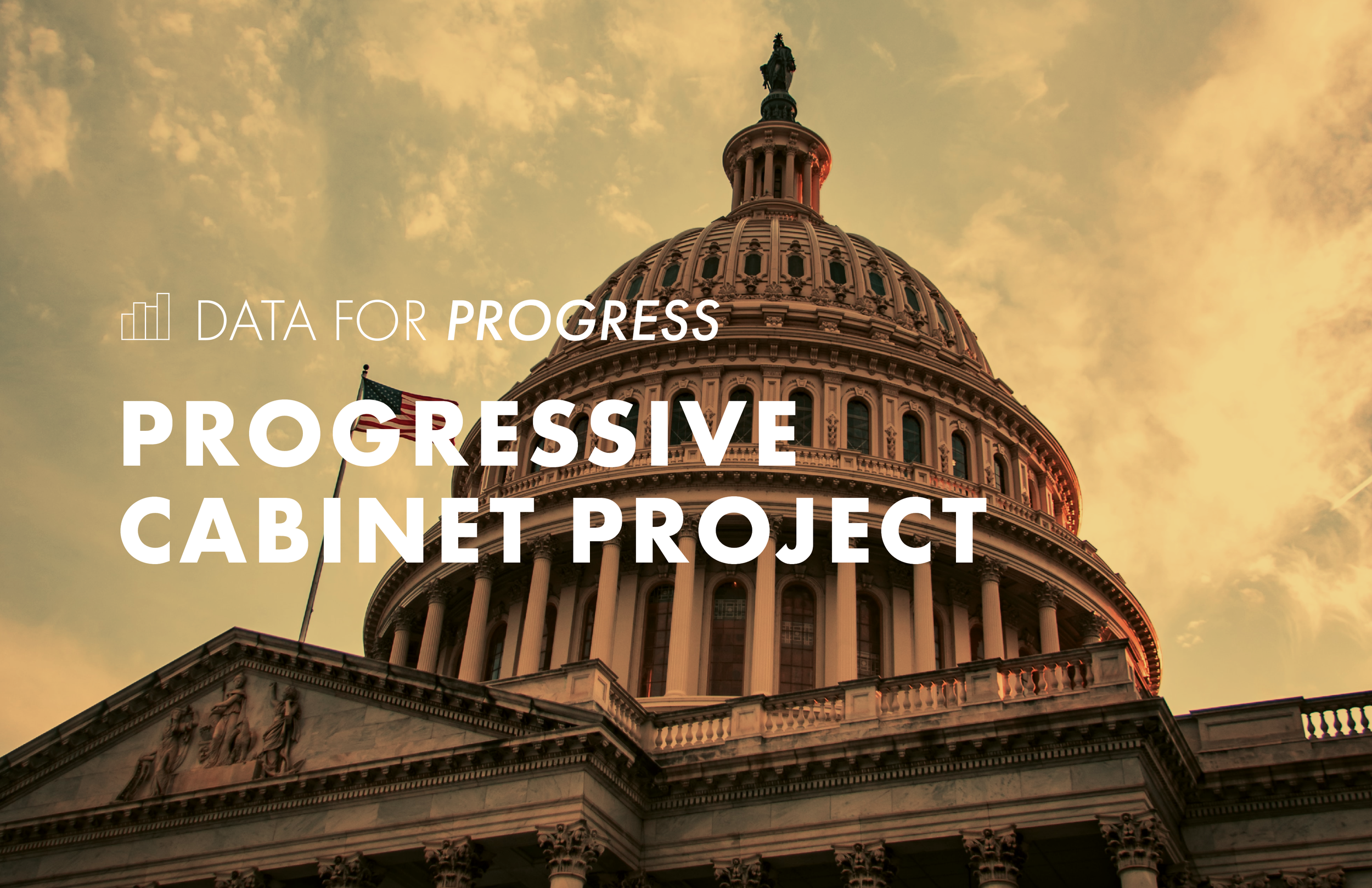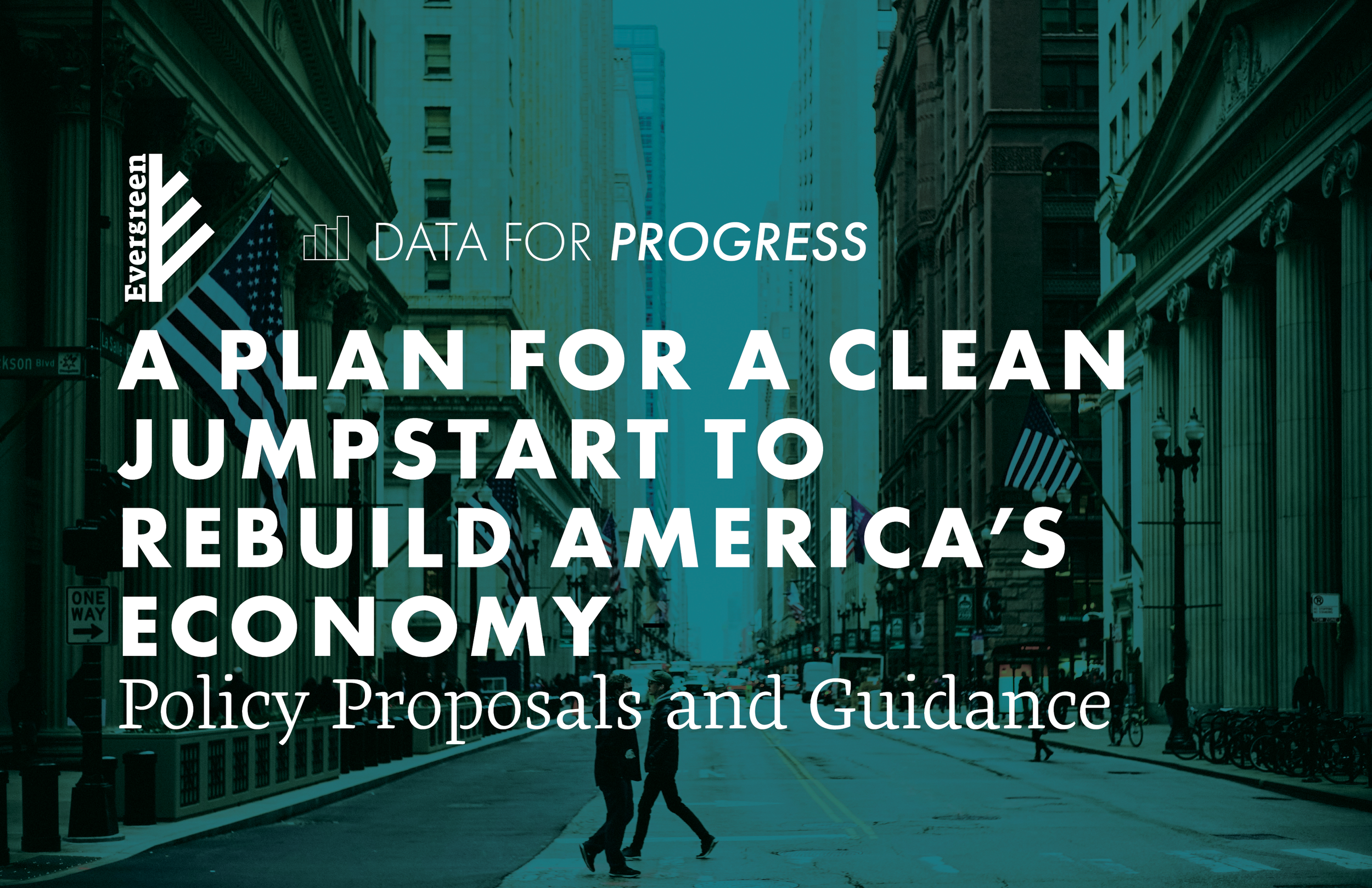Memo: Building a Progressive Regulatory Agenda - How a Better Cost-benefit Analysis Process Can be Used to Tackle Climate Change
By James Goodwin Senior Policy Analyst, Center for Progressive Reform and Ethan Winter Senior Analyst, Data for Progress
Introduction
Despite common political narratives that cast regulations in negative terms — describing them as burdensome red tape or confusing legalese — we find that likely voters are actually quite receptive to more assertive uses of regulations. Specifically, we find that likely voters are receptive to using regulations to limit pollution and tackle climate change.
As part of a January 2021 survey, Data for Progress polled 1,156 likely voters nationally to measure attitudes towards regulations broadly and, more narrowly, how the impacts of regulations are assessed through a unique tool called cost-benefit analysis. The poll gave particular attention to the intersection of regulations and climate change.
These results show that there is broad public support for a progressive climate agenda that relies heavily on regulatory action. They also show that the public disapproves of how the current cost-benefit analysis process is being used to stymie more assertive regulatory action on climate and other environmental issues. These results demonstrate public support for reforming this process to help advance progressive climate policy efforts.
The Biden-Harris administration has already signaled that reforming the cost-benefit analysis process will be one of its top priorities. Among the administration’s Day One actions, President Biden issued a memorandum entitled “Modernizing Regulatory Review,” which directs relevant officials to overhaul the practice of cost-benefit analysis to better account for the wide range of benefits that regulations produce. These include protections for future generations and other benefits that are difficult to predict or that cannot be easily converted into dollars-and-cents terms, as required by cost-benefit analysis. In support of this reform effort, the memo cites many policy challenges the United States currently faces, including climate change.





